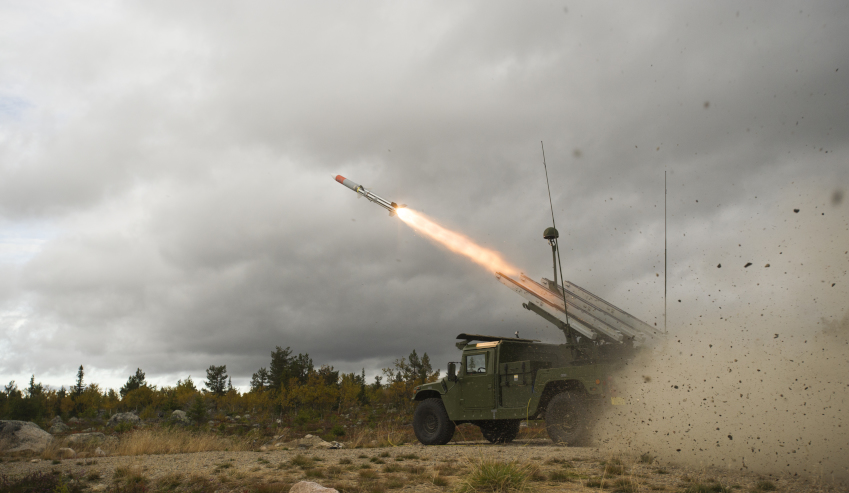In light of the government’s decision to opt for a single supplier limited request for tender (RFT) in the case of the LAND 19 Phase 7B project, industry professionals have said this should not have come as a surprise or cause of controversy.
To continue reading the rest of this article, please log in.
Create free account to get unlimited news articles and more!
In April this year, the government announced the LAND 19 Phase 7B project will see Raytheon as the prime system integrator (PSI) for Army’s future ground-based air and missile defence capability. The government will invest up to $2 billion in the system, which it said will provide the inner most layer of Australia’s enhanced integrated air and missile capability. The capability will be operated by the Army’s 16th Air Land Regiment.
Controversy shrouded the decision, with some companies expressing their disappointment in the unusual process, as the program had seen multiple requests for interest (RFIs) over the decade prior.
But Adam Evans of Victoria-based consulting and supply chain development company Anywise Consulting said those in the industry should have been prepared for this, and potentially more similar cases.
"I think government and defence have made their point very, very explicit and clear over the last two years ... they will be embarking on a risk-managed acquisition philosophy where they will endeavour to reduce the cost of tendering, reduce time between tendering and fielding and capability. And that they'll be making bold decisions really," Evans told Defence Connect.
But the former Australian Army officer acknowledged the current government, and any future government, will face a political risk when it takes this option.
"I think in Raytehon's case time will tell. I mean that is a big acquisition so there is political risk and reputation risk attached to it," Evans said.
"I can only imagine that there was one viable supplier so in that instance a smart buyer buys what they want. You hope that in defence's case spending pocket money that they've also bought what they need. And time will tell that."
Evans also noted that companies should be seeing the positives in this approach to procurement processes, if only for the time and finances it will save.
"That's the thing right, under the old model, a similar acquisition could have taken years to be approved let alone to commence," said Evans.
"I would like to think that kind of flexibility will be afforded right down through the chain and, where a healthy relationship and provider exists for a program, I'd like to think that those suppliers would have an easier run and not have to spend a lot of time and resources and money competing on market test activity, which is just ultimately gonna cost everybody more money and be passed on to the clients."

 Login
Login







